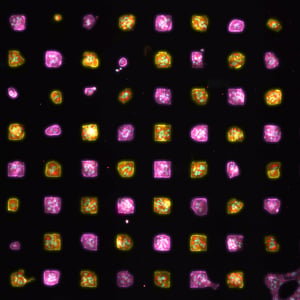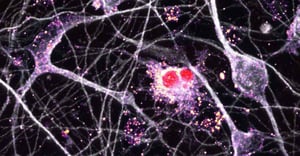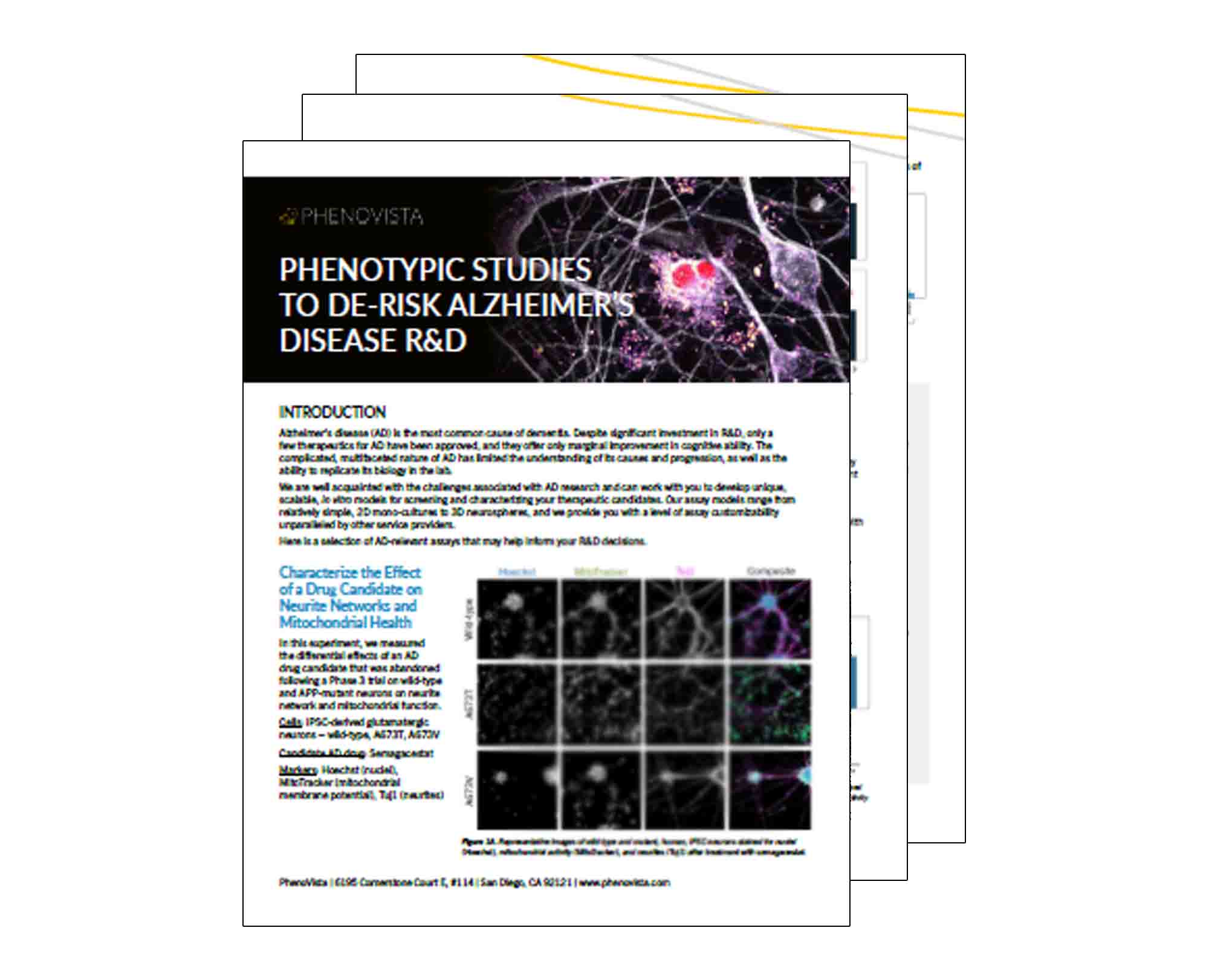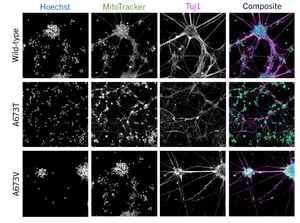

OVERVIEW
Alzheimer’s disease (AD) is the most common cause of dementia. Despite significant investment in R&D, only a few therapeutics for AD have been approved, and they offer only marginal improvement in cognitive ability. The complicated, multifaceted nature of AD has limited the understanding of its causes and progression, as well as the ability to replicate its biology in the lab.
To aid in our clients’ R&D programs, we specialize in developing in vitro screening assays that range from simple monocultures to complex, multi-cell type models. We collaborate with our clients to design custom assays that will answer their most pressing questions.
HIGHLIGHTS
We outline a few AD-relevant assays that can help inform your go/no-go, R&D decisions, including studies that characterize:
- Effects of a drug candidate on neurite networks and mitochondrial health
- Effects of a clinical candidate on microglia phagocytosis
- AAV-based gene delivery to neuronal cell types
RELATED RESOURCES
CONTACT US
Let's discuss how we can help with your next study.
Phenotypic Studies to De-risk Alzheimer's Disease R&D
Overview
Learn more about Alzheimer's disease (AD) and review examples of phenotypic studies designed to measure diverse aspects of AD-relevant biology.
Highlights
- Overview of Alzheimer's disease
- Three example studies characterizing the effect of drug candidates on neurite networks and mitochondrial health, microglia phagocytosis, and AAV gene delivery
- Representative images and data







